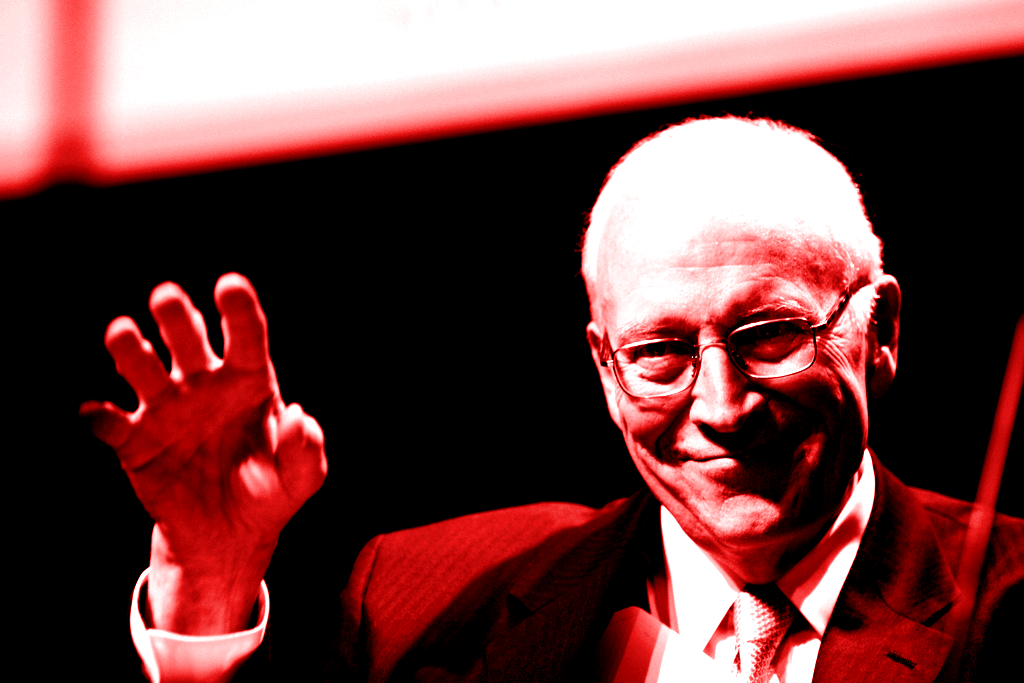I’m unsure if I was supposed to enjoy the joyous cynicism of the opening half-hour of Vice as much as I did, nor if I was enjoying it quite as its creators intended. Either way, it was hard not to.
Adam McKay’s stylised biopic leaves you in no doubt that Dick Cheney, recent US vice president, is a bastard. After an early stint of feckless drunkenness he tries political wonkery, and is sufficiently impressed by the crudeness of a young Donald Rumsfeld to become a Republican. Some diversions aside, he keeps rising.
Setting the tone near the start, Rumsfeld near collapses with laughter after Cheney asks what it is they stand for. The moral rot is thorough enough that Cheney later interprets Richard Nixon’s resignation ahead of expected impeachment as “good news” for them both.
Cheney is portrayed as a political bruiser, light on principle but smitten with his daughters, even when one comes out as gay – still a political impediment in some parts of the US. Personal ambition and a lust for power appear to be Cheney’s chief motivations, aside from a loyalty to the oil industry that is raised several times in relation to the Middle East, but not convincingly elaborated on.
The film also nods to the antidemocratic zeitgeist in its depiction of focus groups as ignorant and dim, and the media as complicit in stoking America’s invasions of Iraq and Afghanistan. The knowing tone and Big Short-esque flitting between stills, captions and media clips suggests an audience at ease with sifting information, and doubtless not expected to identify with the uneducated masses.
Republicans will be justified if they are offended, for it is unkind to them. The War on Terror is portrayed as a political stitch-up following 9/11, George W. Bush being hoodwinked by Cheney’s shadow administration. If there are any nice politicians in McKay’s world, they clearly don’t frequent the White House.
The film is cartoonish enough that it is unlikely to sway those sceptical of such views. And though the film is clear in its tenor, it’s less certain on the details.
In the final scene Cheney turns to camera to deliver an ill-tempered version of Jack Nicholson’s infamous speech, asserting that Americans can’t handle the truth that nasty, powerful men keep normal citizens safe.
Whether you are supposed to see this as more important than big oil or personal ambition in Cheney’s rise is unclear. But despite the descent into dubious constitutional logic, torture and war I enjoyed myself not finding out.
Image based on Dick Cheney, February 2011 by Gage Skidmore
